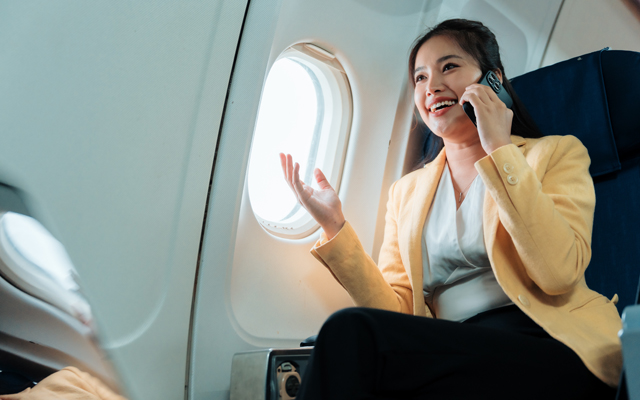
Asia-Pacific has cemented its position as the world’s most cost-effective region for business travel despite ongoing global economic uncertainty and rising costs, according to the latest FCM Consulting Insights Report.
The report finds that in 1H2025, the average hotel rate across Asia was just US$170 per night, with total trip costs averaging US$972 – well below the global average of US$1,600.

This cost advantage is fuelling robust demand for corporate travel, meetings, and events regionally.
“Asia’s pricing advantage is a key reason corporate travel is strong, even as global headwinds weigh on demand,” said Felicity Burke, FCM’s consulting director, APAC. “The region’s diversity means a one-size-fits-all tactic doesn’t work – flexibility and local adaptation are vital for maximising value.”
The report highlights that domestic air travel in the Asia-Pacific continues to operate at high capacity, with China and India leading the way. Passenger load factors are among the world’s highest (China: 84 per cent, India: 86 per cent), and international load factors across APAC are at 83 per cent.
While airlines have little incentive to discount fares, intense intra-regional competition is helping keep prices competitive for corporate buyers.
Asia’s diversity, however, presents both opportunities and challenges for travel managers. Markets like Japan and Singapore sustain higher per-trip spend due to premium pricing, while India and Indonesia remain highly cost-conscious.
“We recommend that travel policies be tailored to local realities, with market-specific hotel caps and differentiated allowances to ensure value and traveller satisfaction,” Burke said.
With Asia’s competitive pricing and high-quality venues, the report suggests that organisations consider shifting conferences, leadership meetings, and large team gatherings to Asia to maximise budgets and deliver unique experiences.
“As we move into 2026, our advice is to plan, use market-specific policy levers, be willing to adapt event and travel strategies, and stay agile to shifting demand and pricing trends,” Burke added.
“The companies that actively manage these levers will be the ones containing costs while still delivering great travel experiences for their people.”
Another trend gaining momentum is the rise of ‘bleisure’ travel, with more business travellers extending trips for leisure, particularly in South-east Asia.
This can be a win-win for companies, said Bertrand Saillet, FCM Travel’s managing director, Asia.
“By allowing travellers to benefit from negotiated corporate rates for their leisure component – provided the personal segment is cost-neutral for the organisation – companies can support work-life balance while maintaining control of programme costs,” he added.
The FCM Consulting Insights Report is based on corporate booking data from January to June 2025 from FCM Travel and Flight Centre Travel Group, with additional aviation data from Cirium.




















